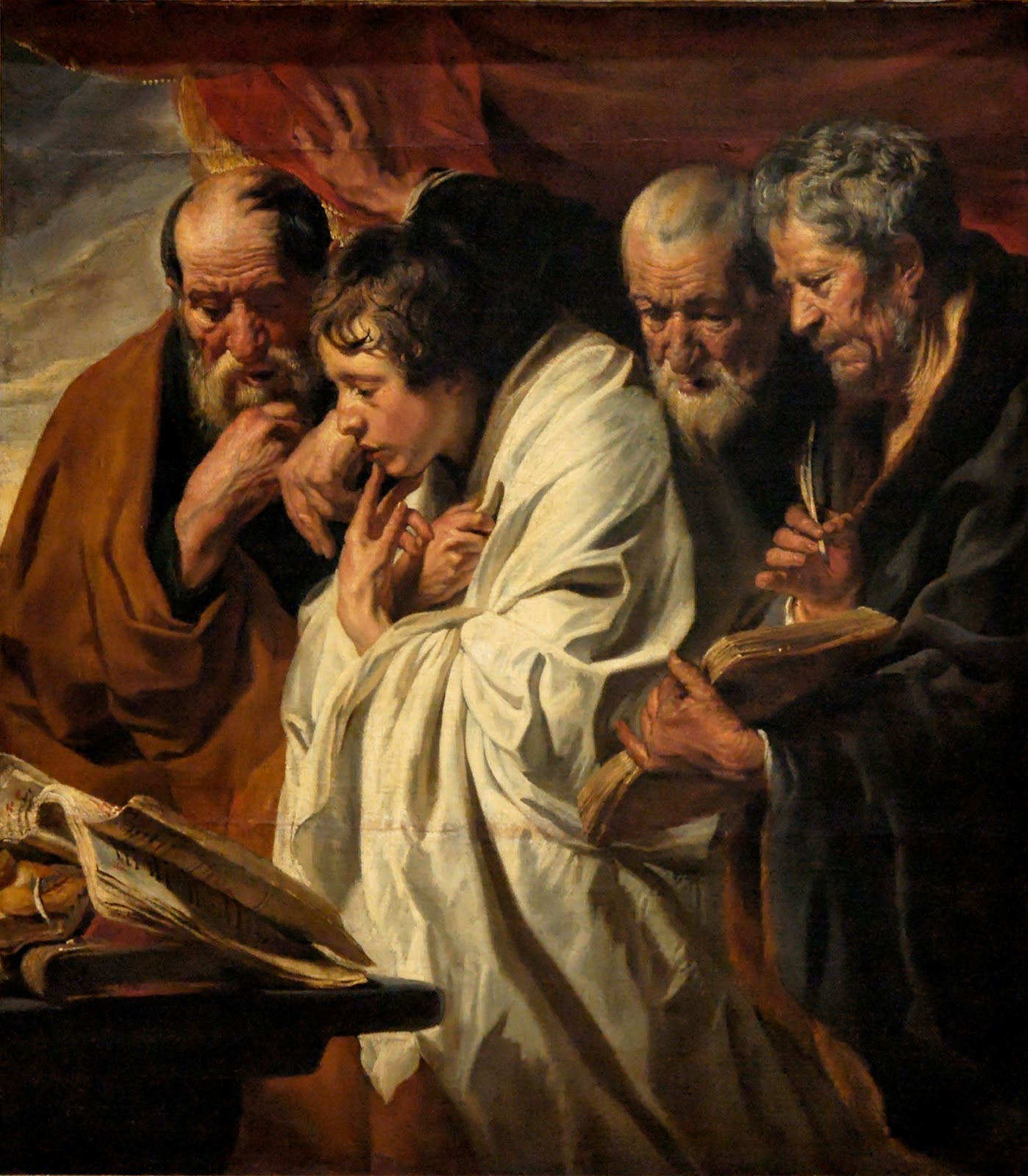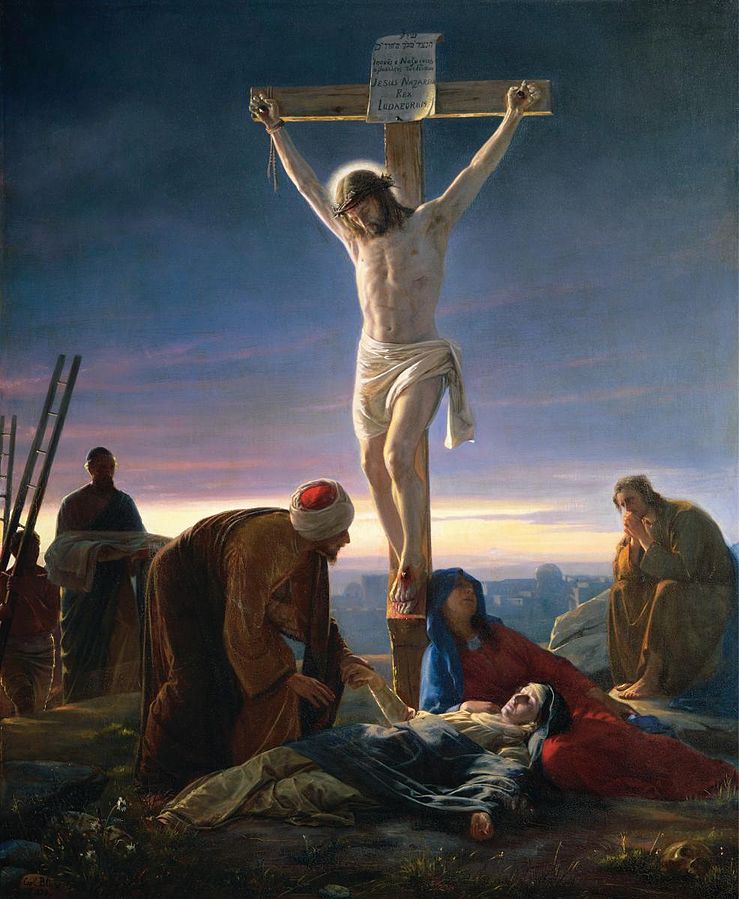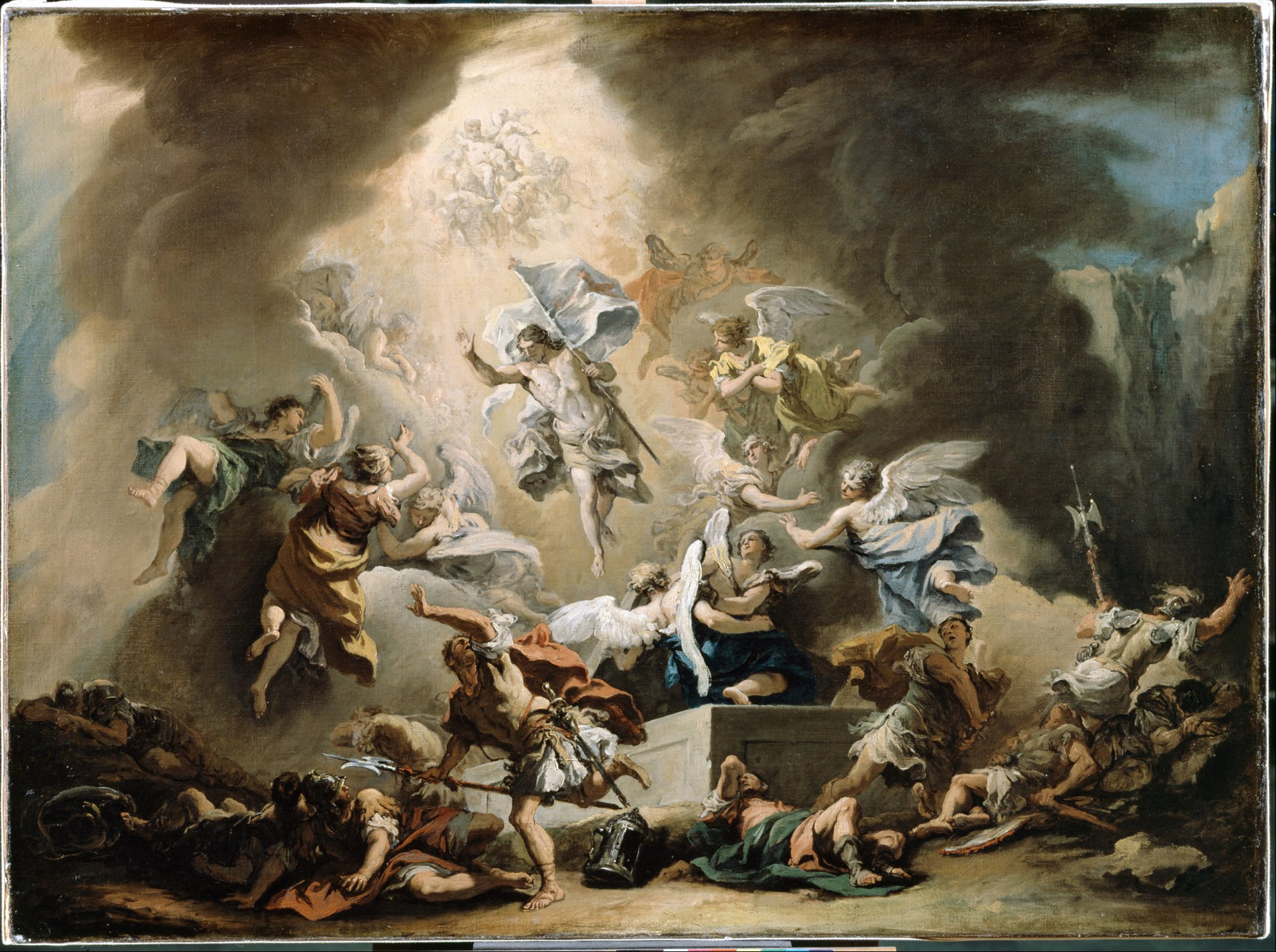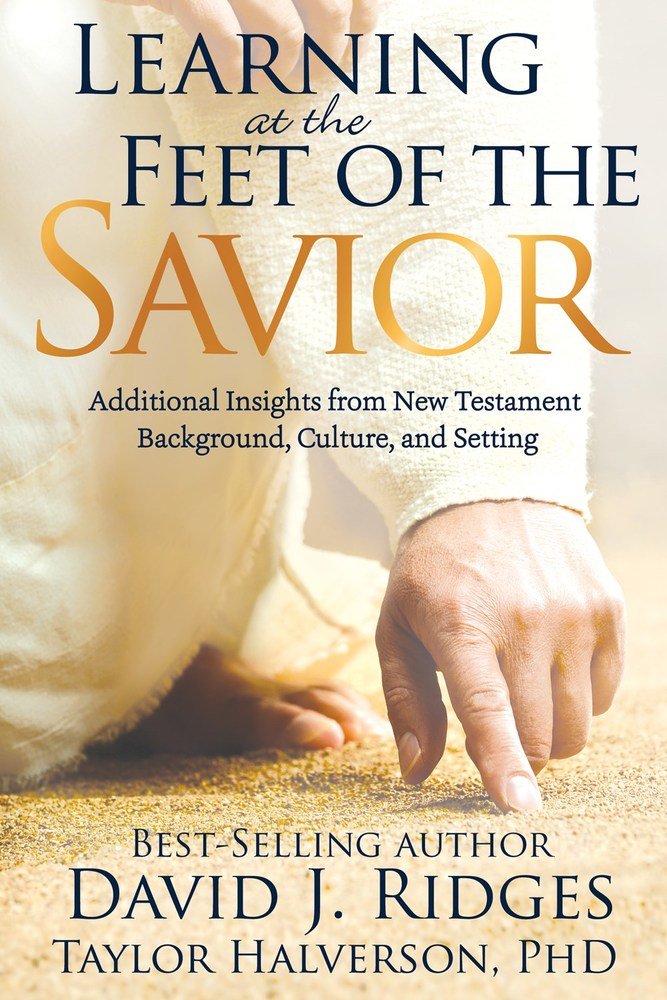The stories of Jesus (the Gospels) are not fairy tales. They do not begin with “Once upon a time” and they do not end with “happily ever after.”
These stories inspire awe, defy expectation, and urge us to follow Jesus.
What Are the New Testament Gospels?
Tell Me the Stories of Jesus is a beautiful primary song that captures for many us our love and appreciation for the New Testament Gospels that contain those precious stories.
What we may not have considered is the form of literature that those stories are written in and how that literary type can magnify our love and understanding of Jesus and His mission.
For example, if I said to you, “Once upon a time…” what type of story is that? And how does it end? If you said, “Fairy tale, with princes and princesses and dragons and monsters and everyone lives happily ever after” you are right. I haven’t even told the full story and already you know what to expect and how to interpret the story. You are familiar with the literary type of “fairy tale”. You immediately know that the story is not a comedy, not a tragedy, not a weather report, not a genealogy, not a stock report, not long form journalism.
The stories of Jesus (Gospels) are not fairy tales. They do not begin with “Once upon a time” and they do not end with “happily ever after.”
So what type of literature are they? After many years of painstaking effort to compare and contrast the New Testament Gospels with other ancient forms of literature, Biblical scholars discovered that the Gospels are written in the literary style of an ancient biography.
Why would it matter that the Gospels are ancient biographies? How does that knowledge help us better understand Jesus and His message?
We first need to clarify the difference between modern and ancient biographies.
What Are Modern Biographies Like?
Ancient Biographies are a bit different than modern biographies.
Modern biographies are lengthy, comprehensive, and thorough.
Modern biographies typically begin at the birth of the person and then thoroughly detail every aspect of that person’s life at each stage of their life all the way to their death. Modern biographies also seek to contextualize the person’s life in the larger context of history and events and to show what impact that person had on the world.
The popular musical Hamilton is based on the very lengthy, detailed, and thorough biography of Alexander Hamilton written by Ron Chernow. That book comes in at a hefty 832 pages and an incredible 253,760 words! I’m guessing that more people have seen the musical than have actually plowed through all 832 pages of Hamilton’s life.
Compare that to the longest Gospel in the New Testament. Luke is 19,482 words long. If Luke’s gospel was as thorough, comprehensive, and lengthy as Chernow’s Hamilton, The Gospel of Luke would be 13 times longer!
The other New Testament Gospels lengths are Matthew 18,346 words, John 15,635 words, and Mark 11,304 words. Again, if each of these Gospels were as lengthy as Hamilton then Matthew would be nearly 14 times longer than it is now, John more than 16 times longer, and Mark more than 22 times longer. I know many of us would love more details and stories from the life of Jesus, but since the spirit is willing but the flesh is weak, I’m not sure how many us would read that much extra content.
What Are Ancient Biographies Like?
Ancient biographies were written to reveal the heroic character of the main hero to encourage readers to imitate or follow in the footsteps of the hero.
Ancient biographies were selective instead of thorough. Ancient biographies did not review every detail of the life of the hero. Instead, ancient biographies focused on selections of the hero’s life that were representative of his character and qualities.
Just like you don’t need to eat an entire cake to know what it tastes like (though most of would love to eat the whole cake!) one bite or a series of bites will reveal the nature of the cake. So too, ancient biographies give readers a taste of the hero instead of giving the reader the entire life. Modern biographies make you eat everything.
Ancient biographies only delivered the most relevant, meaningful, and powerful representative stories from the hero’s life. And, significantly, ancient biographies typically focused on the last years or months of the hero with particular attention to their death. The death of the hero was key to revealing the character of the hero.
Why Don’t We Know More About the Life of Jesus?
Many of us have wondered “If Jesus is the most important person who ever walked the face of the earth, why don’t we know more about Him?”
When we understand that ancient biographies were not written to detail every individual aspect of a hero’s life, but rather powerful and selective stories from their life to reveal their character, we can see why most of Jesus’ life is skipped over in silence. After Jesus’ birth and up until His baptism, we hear nothing of Jesus’ life except for when He stayed behind in the temple to teach the sages. In fact, the Gospel of Mark skips over the majority of Jesus’s life and only begins at the story at His Baptism.
Ancient Biographies Focused on the Events Leading Up to the Death of the Hero
Typical ancient biographies focused the majority of their words on (1) the events leading up to the death of the hero, (2) and on the manner of the hero’s death (3) to demonstrate why he was a hero.
If we look at the Gospels, the majority of their focus is on the last year of Jesus life (or three years depending on how we understand the ancient calendars).
In fact, in each of the Gospels 20% to nearly 50% of the Gospel is centered on the final week of the life of Jesus. Why? This was the most significant, meaningful, and revelatory portion of His life. The last week of Jesus life most fully revealed His heroic character.
But then there are some major plot twists in the heroic ancient biography of Jesus!
The hero dies not in glorious battle, nor at a ripe old age after having fought the valiant fight of life for kinsmen and countrymen.
Jesus dies a criminal’s death, on the cross!
If you were an ancient reader of the Gospels you would be shocked.
You’d recognize the literary type of an ancient biography. Check.
You’d expect the ancient biography to focus on the most relevant aspects of the hero’s life, typically focusing on the events leading up to their death. Check.
And then you’d expect considerable attention paid to the manner of the hero’s death to reveal his character. Check.
Except, He died as a criminal.
Readers would be so perplexed by this ancient biography. They’d probably think something like “Wait, I’ve known the biographies of many heroes and their triumphant death. But I’ve never seen a criminal death celebrated as heroic. What’s going on here??”
If you wanted to capture the attention of an ancient reader, the Gospels did it.
Then the plot becomes even more stunning and marvelous.
In typical ancient biographies, the story ends soon after the death of the hero. The biography may mention some important influences that the death of the hero had on society, etc.
But if you were an ancient reader you would be blown away by the final, stunning fact of this ancient biography of Jesus, what we call a Gospel.
Jesus comes back to life!
In other ancient biographies, the hero does not come back to life. The story ends with the death of the hero.
Who is this Hero who dies and then comes back to life?
Who is this Hero whose story continues and does not end?
Who is this Hero who invites us to participate in the story?
Who is this Hero who invites us to become heroes like He is?
How do I follow this Hero? How do I become a hero like Jesus to die and live again?
As a tool for conversion, the Gospels were powerful, stunning, revelatory, and effective.
Learning at the Feet of the Savior
I hope you found these insights valuable and empowering. If so, you may find more such insights in one of my recent books.
Together with my co-author David Ridges, we wrote Learning at the Feet of the Savior: Additional Insights from New Testament Background, Culture, and Setting to encourage people to ask questions and to use the scriptures and the example of Jesus to learn how to learn and to better understand how the scriptures apply to their lives.
Join my newsletter and receive a free humorous eBook Memoirs of the Ward Rumor Control Coordinator is a light-hearted look at our beloved Mormon Church of Jesus Christ of Latter-day Saints culture. When you join my newsletter, it’s a bit like voting for Pedro. Your wildest dreams might come true!
Study the Scriptures like never before with this free app that I helped create: ScripturePlus!










